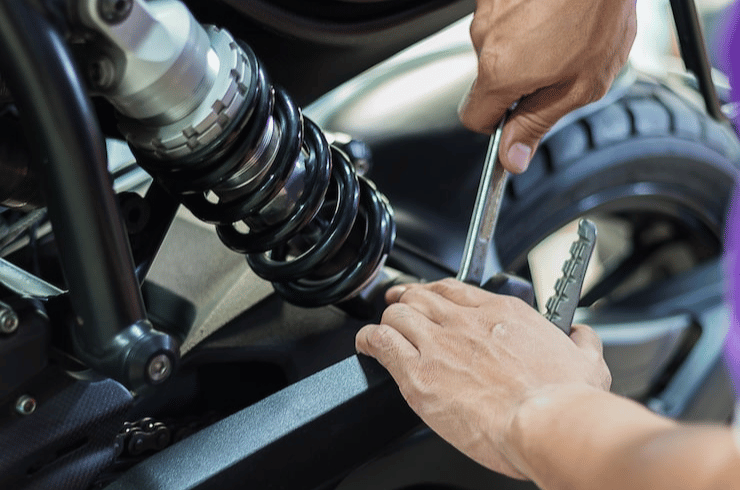What is a Shock Absorber and How Does It Work?
Shock absorbers are essential components that connect your vehicle’s suspension to the frame, designed to absorb road impacts and provide a smooth, stable ride. Typically, vehicles made after 1995 have shock absorbers on the rear wheels and strut assemblies in the front, while older models may have shocks on all four wheels. Inside, shock absorbers contain gas or liquid, with pistons that move to dampen the effects of bumps and rough terrain, preventing excessive bouncing and maintaining tire contact with the road.
Why Shock Absorbers Matter
Over time and constant use, shock absorbers wear out and may begin to leak fluid or gas, leading to a less stable and more uncomfortable ride. Worn shocks can cause premature tire wear and reduce vehicle handling and safety by allowing tires to lose proper road contact.
Important to Know:
Shock absorbers should always be replaced in pairs (both front or both rear) to maintain balanced suspension performance.
How Shock Absorber Replacement is Done:
- Confirm shock absorbers are worn or faulty through inspection and bounce tests
- Remove the damaged shock absorbers
- Install new shocks using manufacturer specifications
- Inspect other suspension components for wear or damage
- Perform a test drive to ensure proper operation and ride quality
When to Replace Your Shock Absorbers:
Experts recommend replacing shock absorbers every 35,000 miles, but you can perform a simple bounce test yourself: push down on a corner of your vehicle—if it bounces up and down more than once or twice, it’s time for replacement.
Signs You May Need New Shock Absorbers:
- Unstable or excessively bouncy ride
- Tires losing consistent contact with the road
- Harsh impact when driving over bumps
- Visible fluid leaks on shocks
How Important is This Service?
Shock absorbers play a critical role in your vehicle’s suspension system by absorbing road shocks, reducing wear on other components, and ensuring a comfortable and safe driving experience. Faulty or leaking shock absorbers transfer harsh impacts directly to your vehicle’s body, risking damage and significantly reducing ride quality.




